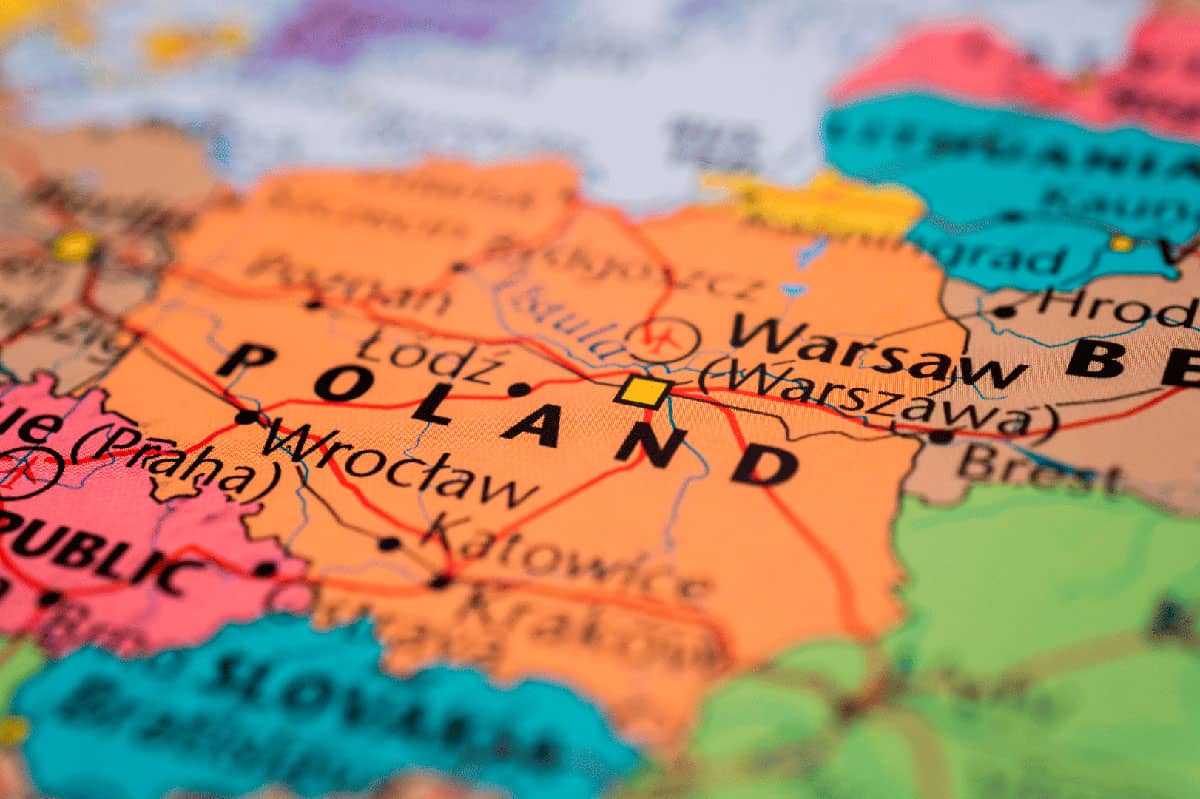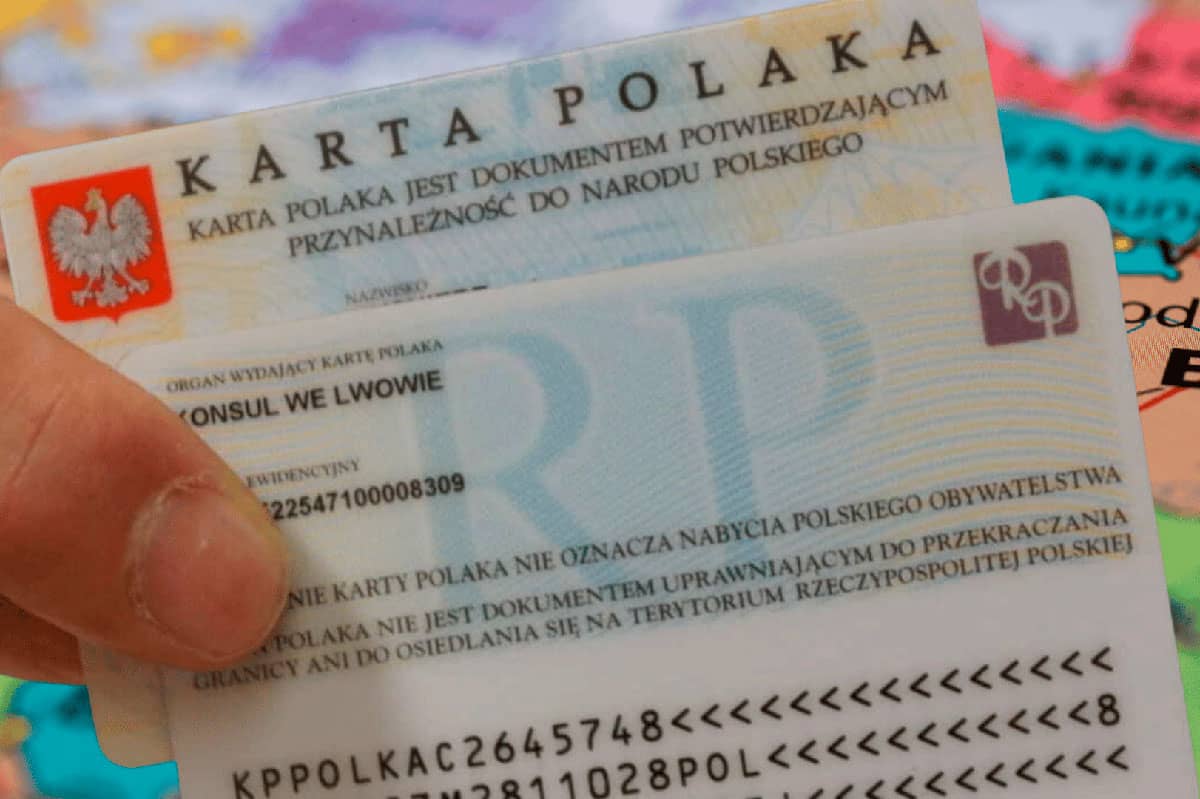
Admission to Poland with a Pole’s Card
AcademGo offers full advisory support for applicants, whether they hold a Pole’s Card (Karta Polaka) or not. We provide assistance in selecting universities and programs, preparing and translating documents, and submitting applications on time.
In addition to guidance on scholarships and Polish student visas, our specialists help with the notarization, translation, and nostrification of your high school diploma or degree. With AcademGo, applying to Polish universities is a straightforward process regardless of your possession of a Pole’s Card. If you are interested, book a free consultation with us!
About Studying in Poland
Are you looking for a country to pursue education abroad?
Consider Poland!
Admission to Polish universities is an excellent opportunity to obtain affordable, high-quality European education recognized worldwide. Applicants from CIS and other countries can follow two pathways: with or without a Pole’s Card. While the Pole’s Card offers significant advantages, admission without it is also possible, although the conditions and rules differ.
Most international students in Poland apply on general terms without a Pole’s Card or Polish ancestry. This article explores both pathways for enrolling in Polish universities, with and without the Pole’s Card.
What is a Pole’s Card, and What Benefits Does It Offer to Applicants?
The Pole’s Card (Karta Polaka) is an official document issued by Polish consulates abroad that confirms the holder’s Polish ancestry. It offers several privileges, including the opportunity to study for free at public universities in Poland.
For students, this is particularly advantageous as tuition-free education on Polish-language programs can save several thousand euros annually. Additionally, holders of the Pole’s Card can apply for scholarships to cover living expenses, such as those from NAWA, the John Paul II Scholarship, or the "Gaude Polonia" fund.
Furthermore, the Pole’s Card grants simplified pathways to permanent residency (Karta stałego pobytu) and Polish citizenship, facilitating life in Poland during and after studies.
Conditions for Free Education in Poland
Public university education in Poland is free for Pole’s Card holders enrolled in Polish-language programs. This benefit significantly reduces the financial burden for students and their families. However, English-language programs remain tuition-based for all students, including Pole’s Card holders.
Holders of the Pole’s Card can also apply for various scholarships to partially or fully cover living expenses. In addition to financial support, preparatory courses in the Polish language are offered, enabling students to meet language requirements for university admission.

Advantages of Studying with a Pole’s Card
Studying with a Pole’s Card provides numerous benefits. The primary advantage is tuition-free education at public universities for Polish-language programs, easing the financial strain on students and families. Other benefits include a simplified admission process and eligibility for scholarships on equal terms with Polish citizens.
Additionally, Pole’s Card holders can apply for permanent residency and Polish citizenship, offering opportunities for long-term living and employment in Poland or other EU countries.
Required Documents for Free Education with a Pole’s Card
To apply for free education in Poland with a Pole’s Card, the following documents are required:
- Pole’s Card (Karta Polaka): Proof of eligibility for benefits.
- High school diploma or college degree: Along with a transcript of grades and a sworn translation into Polish.
- Language proficiency certificate: At least B2 level in Polish for Polish-language programs or an English certificate such as IELTS or TOEFL for English-language programs.
- Application form: Submitted through the university’s platform.
- Motivation letter: Required for some programs.
- Passport copy and photographs.
- Health insurance: Valid within the Schengen area for the duration of studies.
In some cases, additional documents, such as recommendation letters or an interview, may be required to verify your language proficiency if a certificate is unavailable. Specific requirements may vary depending on your circumstances (e.g., applicants over 25 years old) or the university and program you choose.
How to Apply to Universities with a Pole’s Card
Applying to Polish universities is simplified for Pole’s Card holders, as they have the same rights as Polish citizens for admission. The key is to gather and submit the required documents by the deadlines, typically from March to July. It’s crucial to carefully select a university and program that aligns with your interests and goals.
Pole’s Card holders can also apply for scholarships based on high academic performance or other achievements to help cover living expenses. After living in Poland for one year, holders are eligible to apply for permanent residency (Karta stałego pobytu). Upon completing their studies, they can apply for Polish citizenship after just two years of residence in the country.
How to Apply to Universities Without a Pole’s Card
It is possible to apply to Polish universities without a Pole’s Card, although the conditions differ slightly. Polish-language programs are tuition-based for international students without a Pole’s Card. However, free tuition may still be possible for Polish-language programs at public universities through competitive admission.
Tuition fees range from 1500 to 4000 euro per year, depending on the university and the language of instruction. International students can also apply for English-language programs offered by many public and private universities in Poland.
To apply without a Pole’s Card, the required documents include:
- High school diploma: With an apostille and a sworn translation.
- Results of national exams: Required only for public universities.
- Language proficiency certificate: At least B1–B2 level in Polish or English, depending on the program.
- Application form: Submitted through the university’s platform.
- Portfolio or completed task: For creative or IT programs.
- Passport copy and photographs.
- Health insurance: Valid within the Schengen area for the duration of studies.
Features of Studying Without a Pole’s Card
Of course, most applicants and international students in Poland don't have pole cards. Students without a Pole’s Card can still study at Polish universities, including free options, although the admission requirements differ. Polish-language programs are typically more affordable than English-language ones, so knowledge of Polish can significantly reduce costs.
Nevertheless, international students can apply for grants and scholarships to partially or fully cover their tuition and living expenses. English-language programs provide an opportunity to study in Poland without prior knowledge of Polish, making Polish universities accessible to students from around the world.
To learn more about free education opportunities for students without a Pole’s Card, click here.
Frequently Asked Questions


